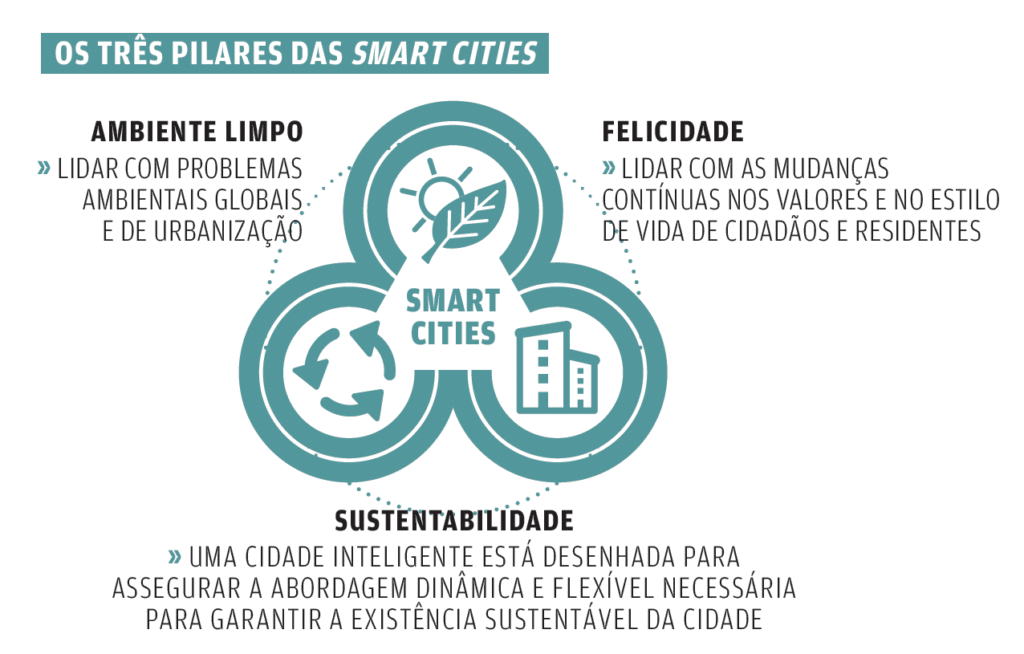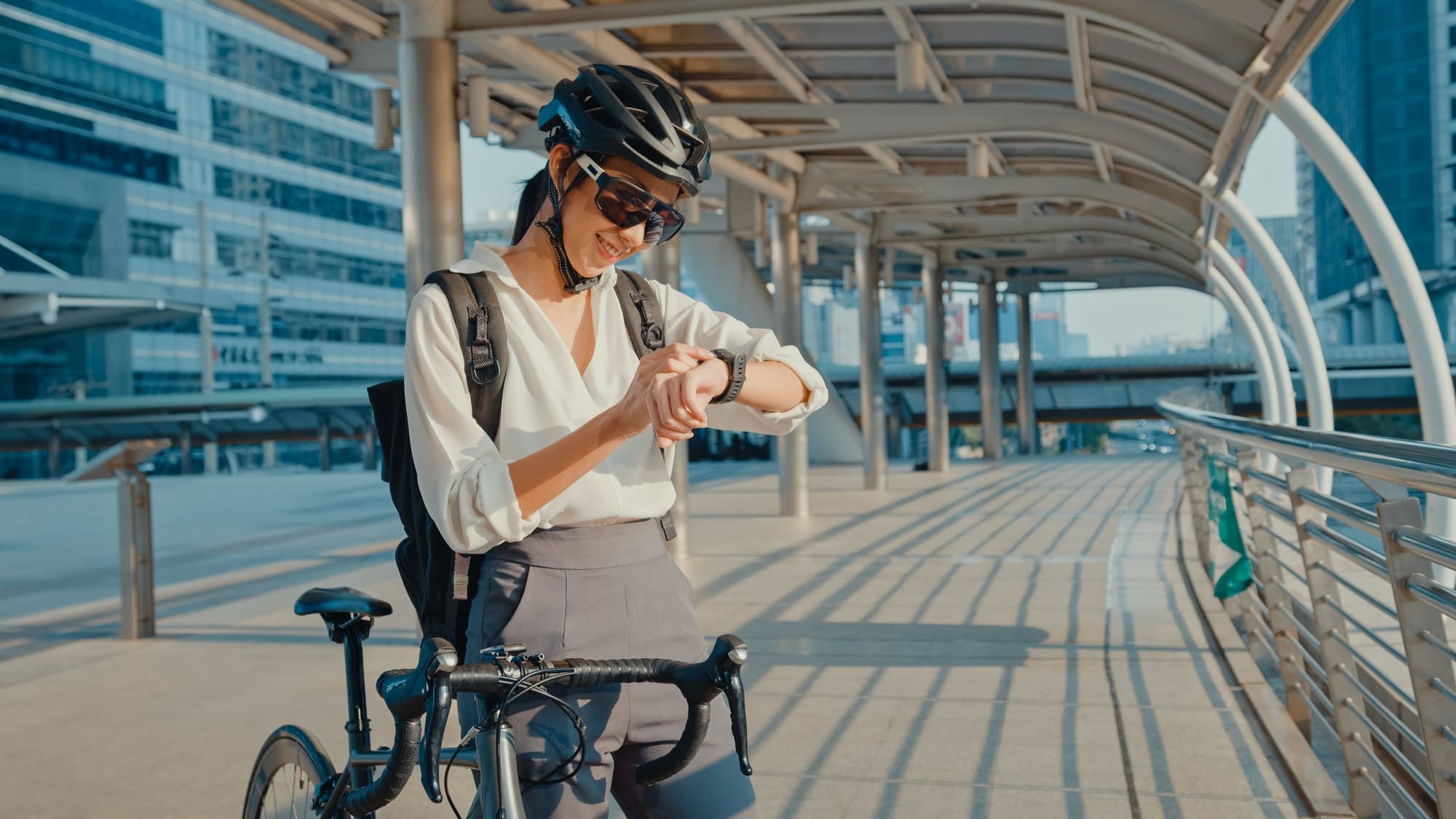An urban revolution to improve the future
Population growth in cities shows no sign of wanting to slow down and it is increasingly clear that current resources will not be sufficient for this growth. In order to be able to continue to evolve, we need to rethink the cities.
By Anabela Bento
Mega-cities
By 2050 there will be 6 billion people living in the cities. This number is equivalent to about 70% of humanity, which means that the number of megacities does not seem to want to stop growing and that, more than densify and expand, it will be necessary to reformulate the cities.

The question is, how can we do it without destroying the planet?
The biggest challenges for cities are resilience and sustainability. It is therefore urgent to strengthen the responsibility of the urban development model by enhancing the endogenous resource base, promoting the efficiency of its subsystems (energy, mobility, water and waste) and improving the capacity to respond to risks and impacts, especially those related to climate change.
To meet all these challenges, a real urban revolution is needed. We will only be able to live in pollution-free cities until 2050 if we reduce the environmental footprint and if cities become more autonomous, intelligent, inclusive, safe, resilient and sustainable, as advocated by the UN’s 11th Sustainable Development Goal.

ISQ can support this transition in its various phases, linking experience, knowledge and services in various areas, such as in the field of project design and management in cities, integrating sustainable mobility and providing carbon footprint consulting and risk diagnosis services in cities.
A holistic approach to sustainability
Much of the world’s wealth is in cities. In addition to having a greater potential for boosting employment, competitiveness and innovation, they also present the best indicators of literacy, access to health care and infant mortality.
However, it is also where the greatest environmental and social exclusion problems occur, due to the scarcity of resources associated with the scale and speed of growth and migration.

In fact, cities constantly deplete the planet’s resources to feed us and to grow. More than 70% of the world’s waste comes from urban areas, as well as about 60% of global energy consumption and more than 70% of greenhouse gases – the main responsible for climate change.
We consume energy and pollute to the point of seeing our environmental balance threatened. If nothing changes, the earth will be unable to meet our needs.
One of the first steps in which ISQ can support this change is through a specialized service that enables a holistic and integrated approach to sustainable development and resilience, a process that is already developing with some municipalities.
The service consists of carrying out an initial diagnosis and an evaluation of the city’s performance under the NP ISO 37120 Standard – Sustainable Development and Indicators for Urban Services and Quality of Life. Through indicators from various fields (economy, education, energy, environment, finance, fire and emergency response, governance, health, recreation, safety, housing, waste, telecommunications and innovation, transport, urban planning, waste water, water and sanitation), it is possible to have a uniform approach to what is measured and how this measurement is carried out.
This analysis allows cities and communities to have a comprehensive view of their performance and guide their development with more effective strategic planning. It also allows for decision-making support for the implementation of public policies and for the definition of priorities, with the possibility of sharing the best practices implemented, integrated into a policy of transparency to citizens.

Sustainable Development and Indicators for Urban Services and Quality of Life
Specialized service for initial diagnosis and evaluation of city performance
ISQ provides a service for initial diagnosis and evaluation of the city’s performance under the NP ISO 37120 Standard – Sustainable Development and Indicators for Urban Services and Quality of Life
As an integral part of a new series of international standards under development for a holistic and integrated approach to sustainable development and resilience, the set of indicators of Standard NP ISO 37120 (Economy, Education, Energy, Environment, Finance, Fire response and (Emergencies, Governance, Health, Recreation, Security, Housing, Waste, Telecommunications and Innovation, Transport, Urban Planning, Wastewater, Water and Sanitation) provides a uniform approach to what is measured and how it is measured. These indicators are used to track and monitor the progress of the city’s performance, in order to obtain a characterized sustainable development.
The methodology used by ISQ allows for this holistic and integrated approach to sustainable development that includes indicators for urban services and quality of life; indicators for smart cities and indicators for resilient cities
This methodology guarantees a continuous analysis of the city’s performance, managing to guide its development through the measurement of performance management, which allows for more effective strategic planning and supports decision-making for the development of public policies and the definition of priorities, with the possibility of sharing the best practices implemented, integrated in a policy of transparency with the citizens.
Adaptation to climate change
Knowing that this battle is taking place at local level, ISQ is also committed to advising cities and regions on their plans to adapt to climate change, in accordance with the 13th Sustainable Development Goal and the National Climate Change Adaptation Strategy. ISQ supports and advises on the assessment of potential risks and vulnerabilities to climate change, mitigation and adaptation measures and action plans, with their management, monitoring and monitoring.
Connected and smart cities – smart citizens
The connected or smart city is another technological tool that can improve our lives and create more sustainable and efficient models for our future. It promotes the connection between services, agencies and infrastructure of a city with its inhabitants. By 2050, we will be perfectly connected to our cities, which will be smarter models and whose transformation has already begun. Sensor networks similar to millions of neurons will allow the city to react and adapt in real time to our needs.
In the case of mobility, for example, urban planners, through simulations and algorithms, can predict human behavior and traffic problems in cities. With the help of augmented reality and updating simulation in real time, tools are created that allow predicting the functioning of a city model: how vehicles move, how people interact or how energy is consumed.
In the future, the private car should be replaced by a network of smart vehicles that will facilitate our movements and access to mobility by all. We will soon have autonomous vehicles in our cities, so the number of cars will be reduced substantially in the coming years and we will be able to get faster from one point to another, with more efficient use of roads and infrastructure. The mobility of the future has to allow us to live healthier lives and have more time for what really matters: being with whom we love the most and doing what we enjoy most.
ISQ is committed to this urban revolution, and already participates in projects that combine social responsibility and sustainability in cities. We must create together new, dense, multifunctional, producing and facilitating jobs, where we can find work, entertainment and housing. In 2050, the quality of life will pass through the presence of public spaces to which we can access on foot or by bike, where we rediscover the pleasure of walking and living without haste. Cities must be rethought so that they are places of happiness and well-being.
cities must be rethought so that they are places of happiness and well-being
Smart cities only exist with smart citizens and we have an obligation to involve citizens in urban creation and not to leave this restricted to some experts. And it is essential to create more humane “infrastructures” so that you live in more creative and happy places that do not create despair, do not generate violence or potentiate mental health problems.
It may seem more expensive to invest in better built cities, with leisure and cultural spaces, but it is not in the long run.

Anabela Bento
Business Development Manager at ISQ. Board Member at dBwave.i Acoustic Engineering. Previously Director of QART.pt and Business Development Project Manager at ISQ Internacional. PhD in Climate Change and Sustainability Policies at the University of Lisbon. Academic training in Engineering, postgraduate training in Project Management from Universidade Católica Portuguesa and WBCSD – World Business Council for Sustainable Development.
+ insight
contribute
As a project initiated by ISQ, insight is open to contributions from everyone who wants to participate and who can bring their vision, scientific studies and reasoned opinion to enrich the themes and the debate.
If your activity is linked to research or the analysis and implementation of measures in the topics discussed here, please contact us using the form attached.





